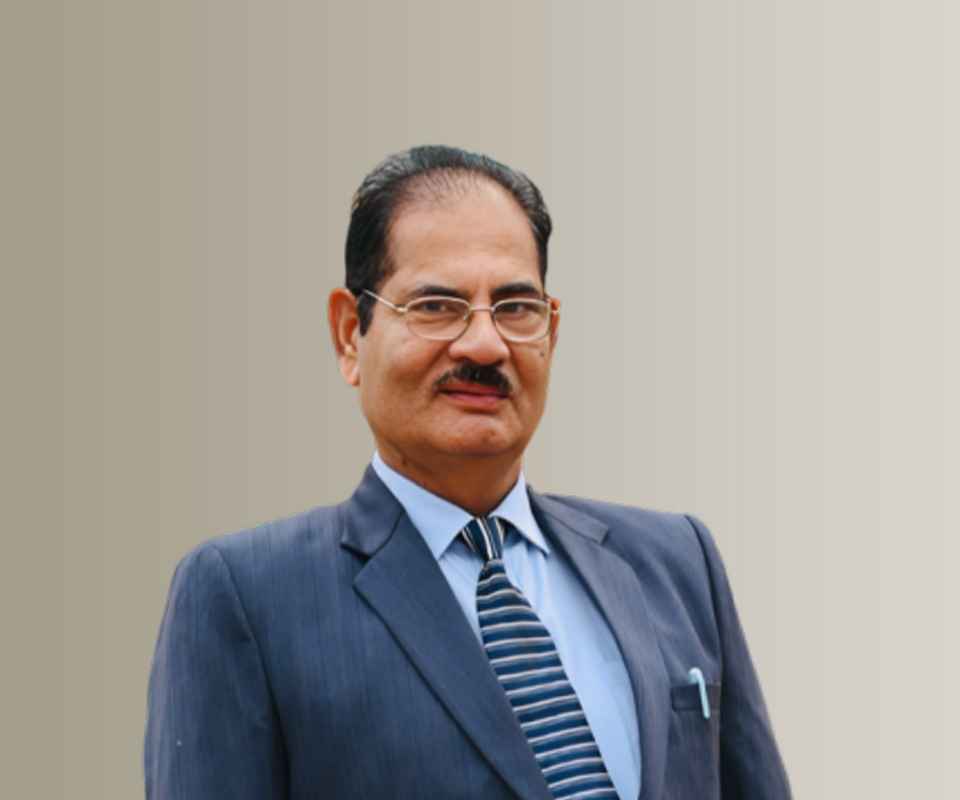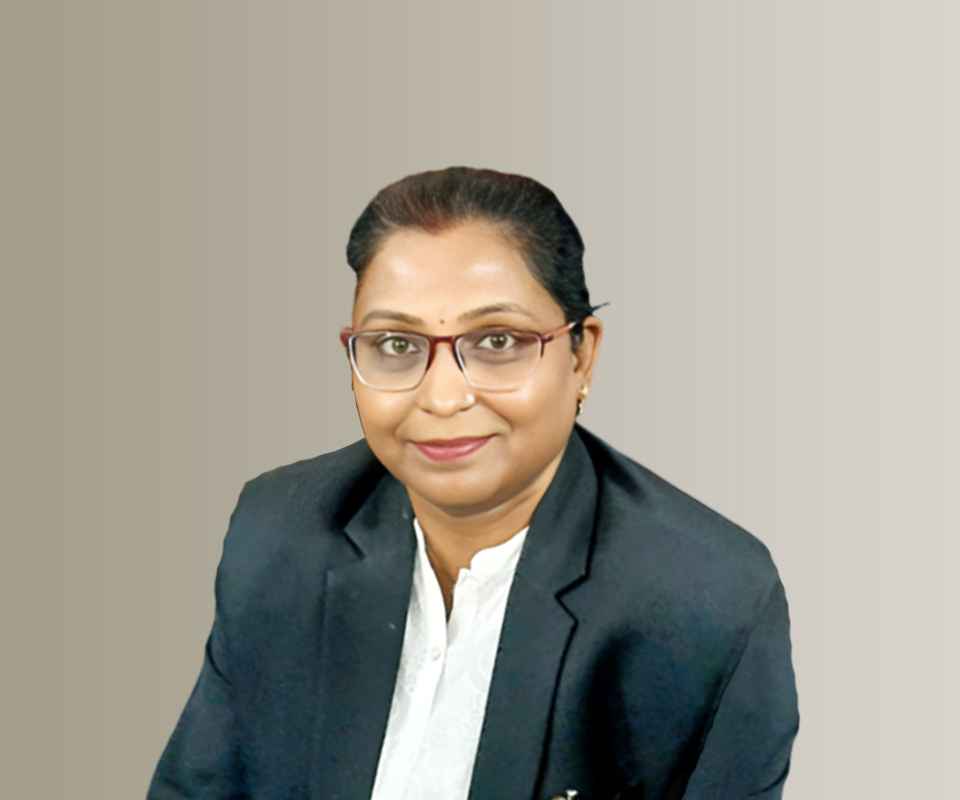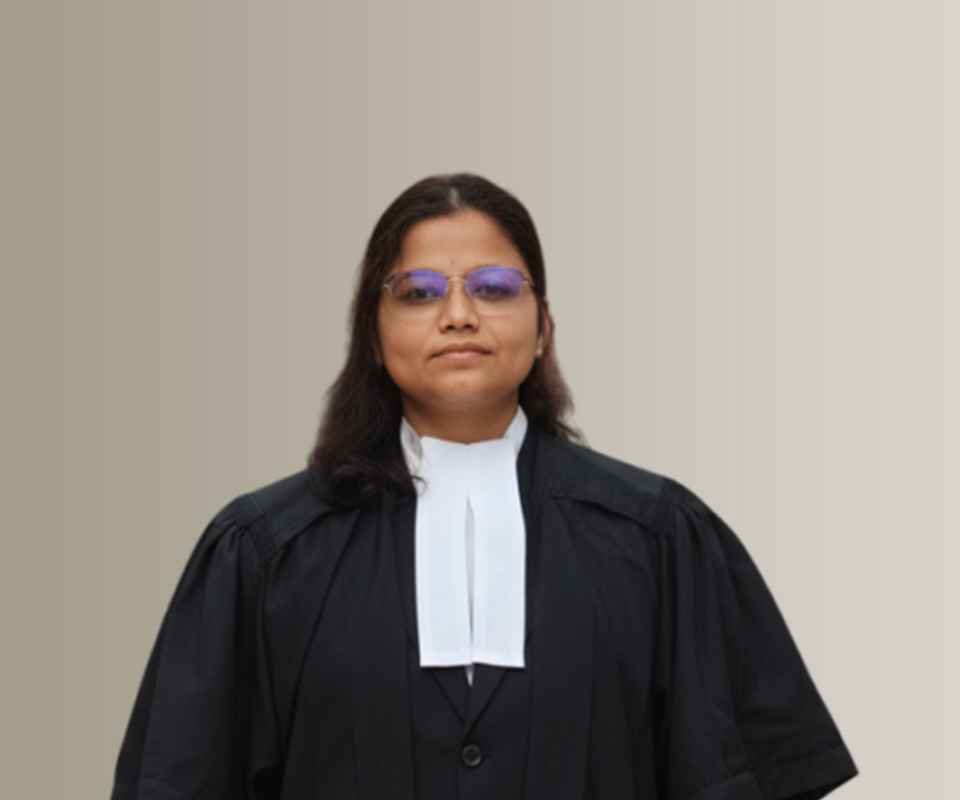Answer By law4u team
Yes, a widow or widower can legally do court marriage in India. The law places no restriction on a person who has lost their spouse from remarrying, whether through a religious ceremony or through court marriage under the Special Marriage Act, 1954. Legal Position The Special Marriage Act, 1954, which governs court marriages in India, allows any unmarried adult to marry, including: Unmarried persons Divorcees Widows and widowers As long as the person is not already legally married to someone else, they are free to enter into a new marriage. Conditions to Be Fulfilled for Court Marriage (by a Widow or Widower) 1. Free to Marry The person must not have a living spouse. In the case of a widow or widower, the earlier spouse has died, so this condition is satisfied. 2. Proof of Spouse’s Death A death certificate of the deceased spouse is usually required as documentary proof. 3. Other Basic Conditions Under the Special Marriage Act Minimum age: 21 for male, 18 for female Sound mind: Must be capable of giving valid consent No prohibited relationship: Unless custom permits Not already married: Must be legally single (widowed, divorced, or never married) Documents Required for Court Marriage (for a Widow/Widower) Proof of age (e.g., birth certificate, passport, Aadhaar) Proof of address Passport-size photos Death certificate of the deceased spouse Affidavit declaring marital status, mental soundness, and willingness to marry Notice of Intended Marriage form (submitted to Marriage Officer) Procedure for Court Marriage (Simplified Steps) 1. Notice of Intended Marriage is filed with the Marriage Officer in your district. 2. The notice is published and a 30-day waiting period begins (to allow objections, if any). 3. If no valid objection is raised, the couple signs a declaration in front of the Marriage Officer and three witnesses. 4. Marriage Certificate is issued, making the marriage legally valid. Important Notes If the widow/widower belongs to a specific religion (e.g., Hindu or Muslim) and chooses to marry under the Special Marriage Act, the marriage will be a civil marriage, not religious. The Special Marriage Act is secular — it applies to all Indian citizens, regardless of religion. Conclusion Yes, a widow or widower can do court marriage in India. It is fully legal and valid, as long as all other conditions of the Special Marriage Act, 1954 are met. The person must provide the death certificate of the previous spouse to establish their eligibility to remarry.









